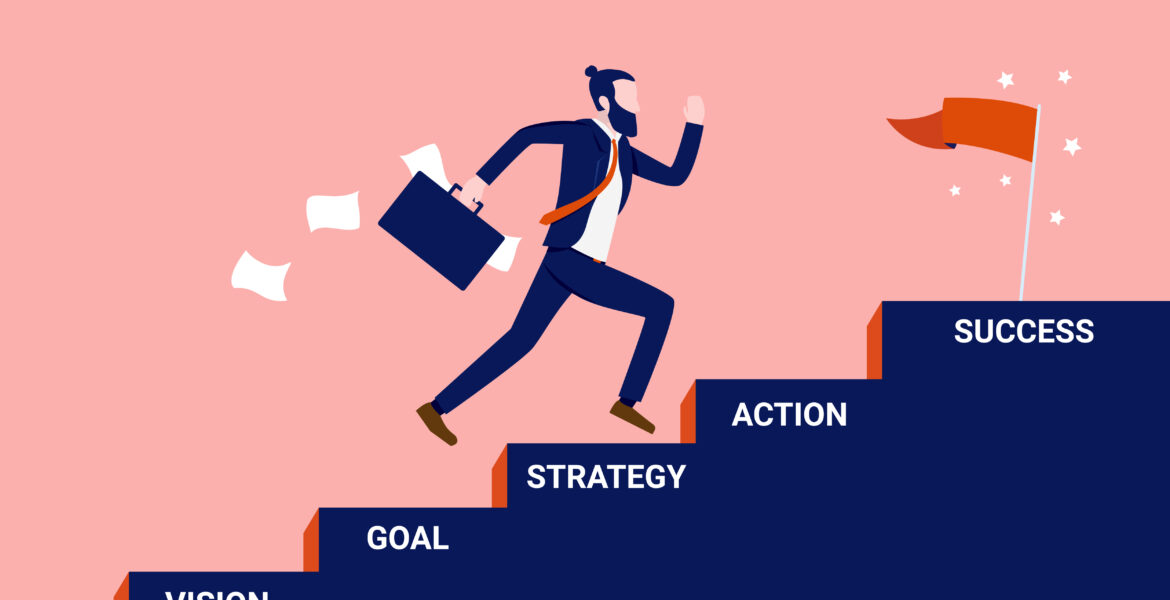1. Understand Your Triggers
Are you easily overwhelmed or stressed? Do loud noises or large crowds make you feel uncomfortable? If so, you might be overstimulated.
Being overstimulated can be caused by a variety of things, including noise, crowds, intense emotions, and bright lights. If you’re not sure what your triggers are, pay attention to how you feel after exposure to different stimuli.
Once you know your triggers, you can start to plan for them. For example, if you know that crowds make you feel overstimulated, you can avoid them or plan for them by bringing a friend along or taking breaks often.
If you’re not sure what your triggers are, try keeping a journal. Pay attention to how you feel after exposure to different stimuli and see if you can identify any patterns. Once you know your triggers, you can start to manage them better and feel more comfortable in all kinds of situations.









